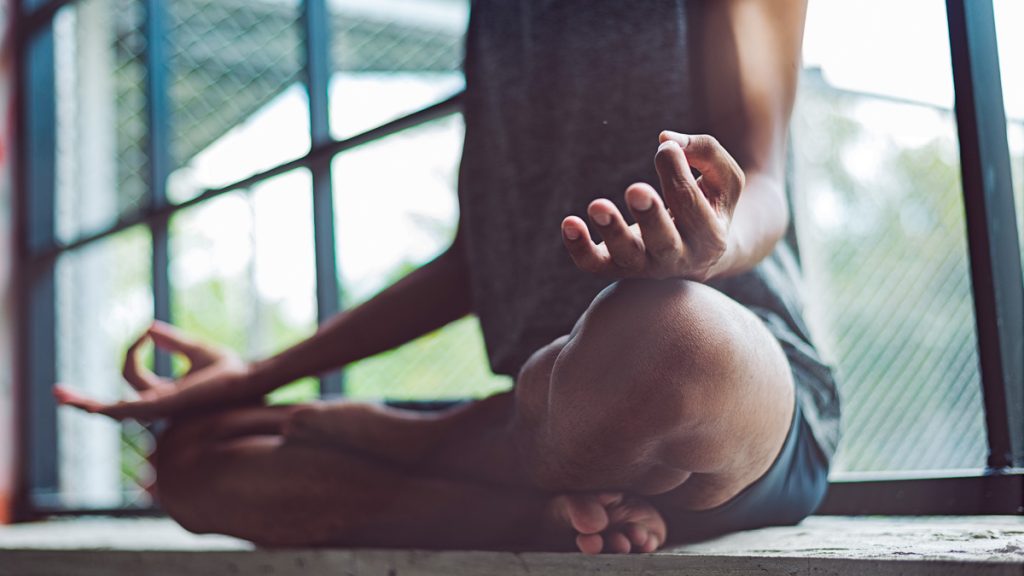The Importance of Sports Psychology in Youth Development for Athletes and Non-athletes
By: Mike Emeruwa
Feature Articles, Health & Welfare, Psychology, Social & Youth development, Sports,

As a generation that champions the wellbeing of both body and mind, when we see athletes at the peak of their physical conditions, it’s easy to rule out the possibility of them facing mental anguish behind the scenes. But as the Athletes for Hope foundation tells us, sports psychology and mental health go hand-in-hand, estimating that about 35% of elite athletes deal with mental health disorders often exhibited as eating disorders, burnout, depression, anxiety, etc.
Decorated athletes such as Naomi Osaka, Michael Phelps, Serena Williams, Simone Biles, Kevin Love, and Rhonda Rousey have experienced these disorders and have taken the helm of mental health safety for athletes.

These are athletes who use sports psychology to share the benefits of protecting mental health, have put their health before their occupations severally. To a non-athlete, watching from the outside looking in, it could seem “excessive” when an athlete refuses to compete or perform.
People believe that because of mundane things like how much they make and how well they live, they must be whole.
That is a mistake.
The fact is that if they crumble on the inside, they fail on the outside as well. One cannot stand without the other.
Similar Post-

So, What is sports psychology?
Sports psychology focuses on the mental health of athletes -young and old- making sure to preserve their mental wellbeing as much as their physical health.
In other words, sports psychology is the study of how psychological factors influence sports, exercise, athletic ability, and physical performance. It is therapy for athletes. And the first step of understanding the benefits of sports psychology is knowing not only for elite athletes or professional ones who have sports-related mental illnesses. It affects the youth as well.
Sports Psychology and the Youth
With athletics having benefits such as wealth and celebrity status, it can be easy to lose track of the psychological effects of sports on young athletes. Besides the psychical benefits participating in sports provides, such as improved physicality, strong physic, and better health, participating in sports also provides mental and social fortitude that will last a lifetime and protect them from hardships that could require therapy for other people.
For this reason, sports psychology should be incumbent in schools for athletes.
A lack of sports psychology can leave children feeling like tools in the hands of coaches. This selfish desire from coaches often leads the athlete down a path of illness such as anxiety, crippling fear of losing and anxiety, injury-related depression, stress-eating to cope with said depression, and burnout.
These can be critical to young athletes as they have a whole life ahead of them.
Here’s how you can help:
- Build a Supportive System.
Coaches, family members, and close friends need to create a genuinely positive and supportive relationship with the athlete as they advance in their sport. Support from the people around them will help them be in touch with their emotions, feel appreciated, and allow them to know they are not just tools.
- Provide Athletes Autonomy
Providing kids with the independence to make decisions on their own empowers them. It gives them the freedom to make decisions, make mistakes and learn valuable lessons from them. The autonomy to make decisions in something you have a hand in builds self-confidence, leadership skills, and the fortitude to handle failure.
- Study Sports Psychology
A way to improve the quality of young athletes is by studying sports psychology at higher institutions.
Getting an education in sports psychology puts you in a position to help the next generation of athletes become better versions of themselves.
So, where can I study sports psychology?
Sports psychology is widely popular and considered a hot career in recent times, so there are a lot of institutions to choose from if you desire to pursue it.

How does sports psychology improve performance?
Sports psychology is important for athletes because it teaches coaches the value of players. Understanding that players of any sport need to be seen as people first and not tools merely used to win trophies and championships. This neglect can impact their drive and mindset towards the sport. Athletes become more of an asset to their team when they feel valued. And when they are valued, it leads to improvement and a more positive outlook on life and the sport.
- Builds Attentional Focus
Strategies such as mindfulness and breathing techniques are good ways to block out distractions like screaming fans and help athletes focus on the task at hand.
- Encourages Goal-Setting and Visualization
As an athlete, it is imperative to set goals and visualize what you intend to achieve. Creating a mental picture of what you want to achieve is important as an athlete as he is about to go into an event or perform. Visualization also helps athletes be calm and centred. This part of sports psychology helps athletes prepare mentally before a performance or competition.
- Fosters Team Building and Motivation
Building camaraderie among athletes gives them far more than a trophy and titles. It helps them trust and believe that teamwork really makes the dream work in any situation. Also, when you add motivation into the mix, you create a team that can help each other as they go through performance anxiety, depression, and burnout.
Given the gravity of a lack of proper mental health on elite athletes, it is hard to imagine what young and budding athletes that compete or perform at high school or collegiate levels go through.
With their highlights now just as publicized as the athletes on elite levels, they face the same stressors such as scrutiny from social media, depression from injuries, overtraining and competitive pressure to perform.
Similar Post-
How do we fix this?
Frankly, sports environments can be very toxic and demanding places. And sometimes this can make sporting environments seem like a dangerous place for young people. Coaches neglect the mental state of their athletes because of the extrinsic rewards they get from them – such as trophies and titles. They overlook the intrinsic rewards young athletes acquire in a positive environment. They get rewards like the desire to win and the sense of pride from performing a skill.
Providing a safe and positive environment for young athletes from coaches, family, and friends is the first step to giving them the chance to perform at an optimal level with both bodies and mind performing soundly.
Similar Posts –
10 VALUABLE TIPS FOR ADULTS COACHING IN YOUTH SPORT. Click here to read the full post.
INSPIRATIONAL MOMENTS TOKYO OLYMPICS 2020. TRAILBLAZING ATHLETES, YOU SHOULD KNOW ABOUT. Click here to read the full article.
Tags: mental health of athletes, sports psychology for athlees,









